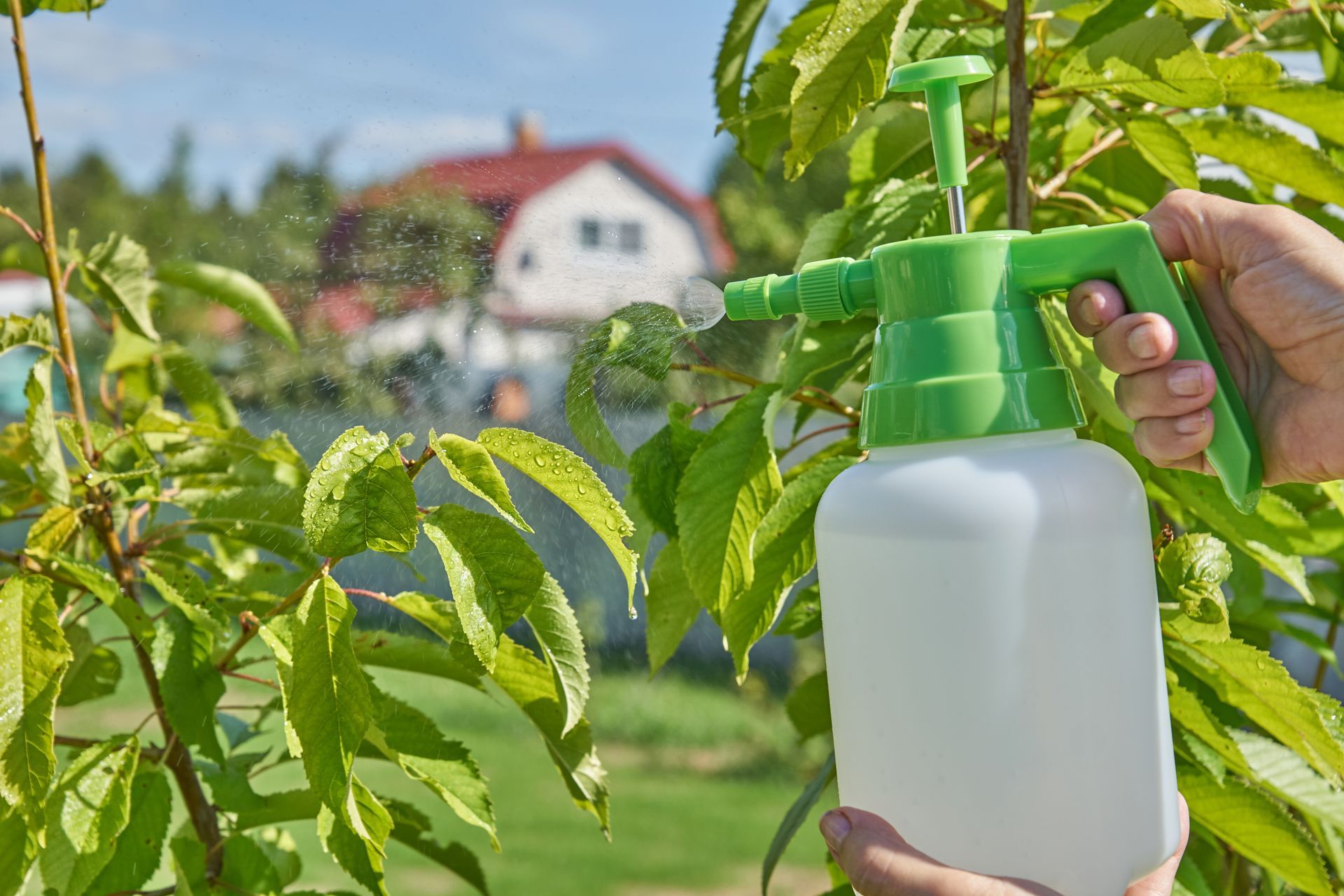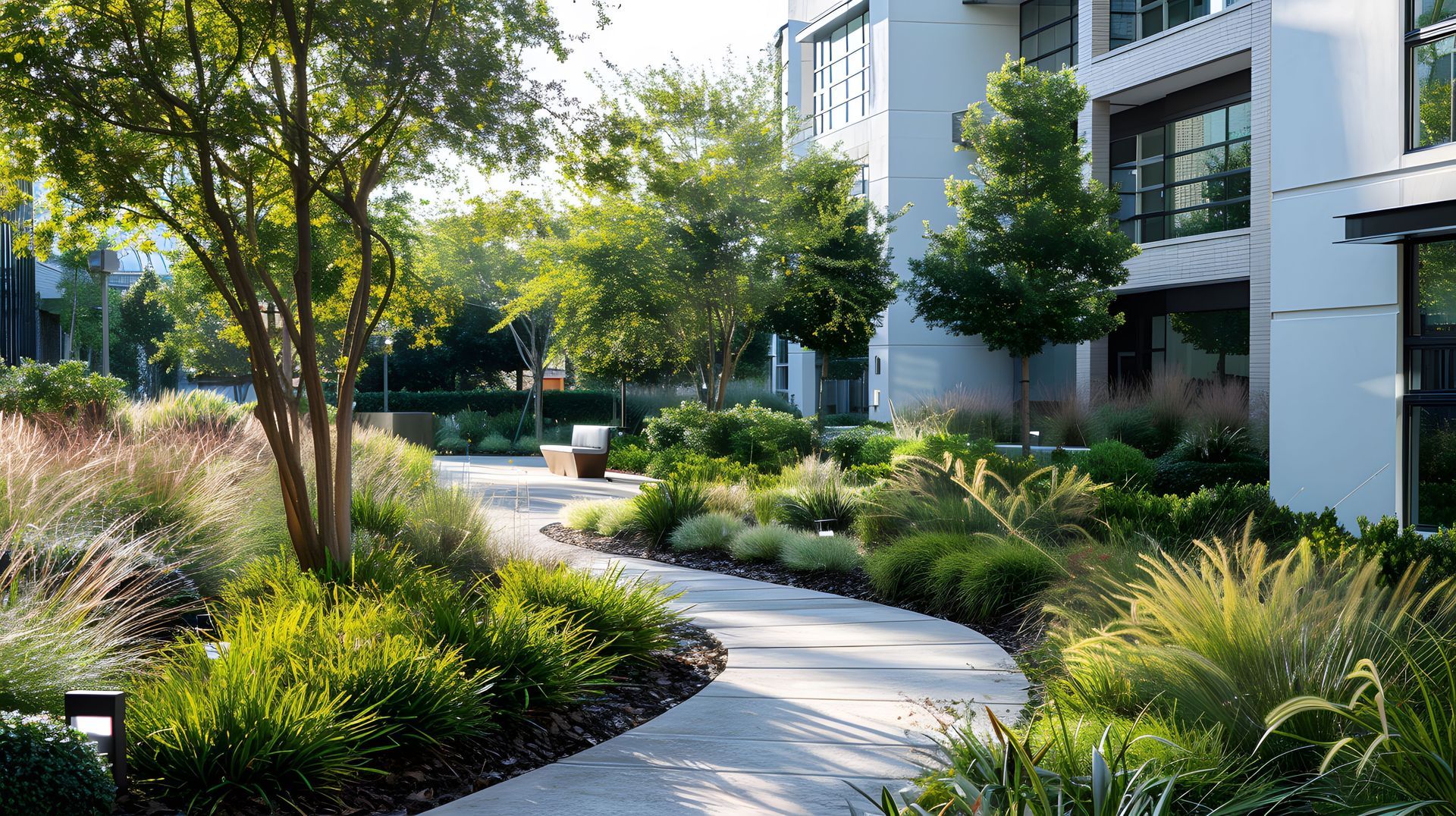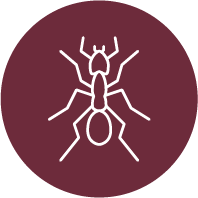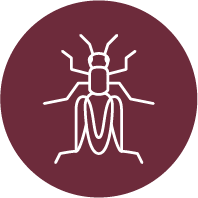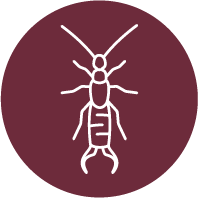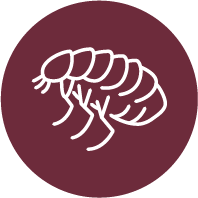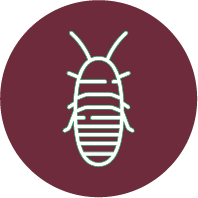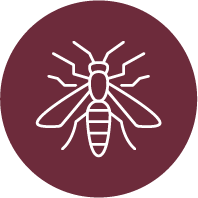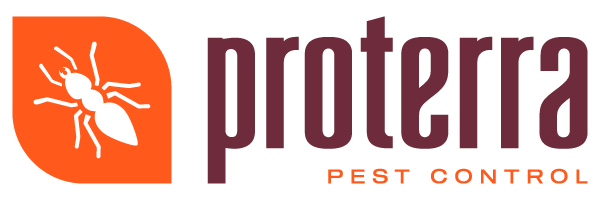Natural Pest Control: Landscaping for a Green Home
Creating a greener, more eco-friendly home often begins right in your backyard. Strategies for natural pest management not only support a healthier living environment but also promote biodiversity and reduce the reliance on chemical pesticides. Through thoughtful landscaping and adopting more sustainable practices, homeowners can enjoy a vibrant outdoor space that is both attractive and harmonious with nature. This approach not only benefits the immediate surroundings but also contributes to a larger global effort to protect our planet.
Eco-Friendly Pest Management: Understanding the Basics
Eco-friendly pest management is a method focused on minimizing the use of harmful chemicals to control pests, instead employing natural and environmentally friendly techniques. This approach is essential for homeowners in the Tri-Cities area seeking to protect their homes from pests without compromising the health of their families, pets, and the local ecosystem.
The traditional way of handling pests often involves the extensive use of synthetic pesticides which, while effective in eliminating pests, can have detrimental effects on non-target species, including beneficial insects, pets, and even humans. These chemicals can persist in the environment, contributing to pollution and the degradation of local ecosystems. Thus, the importance of reducing chemical use in our environments cannot be overstated. Moving towards eco-friendly pest management practices is a step towards healthier homes and a cleaner planet.
One innovative and natural approach to pest management involves creating barriers that deter pests. These methods use the landscape and other natural elements around a home to create environments that are unfriendly to pests but, at the same time, aesthetically pleasing and beneficial to the local ecosystem. Natural barriers work as a pest deterrent by either making it difficult for pests to enter the area or by creating conditions that are not conducive to their survival.
Strategic landscaping is a prime example of this approach in action. By selecting specific plants that are known to repel pests, homeowners can form a living barrier that protects their property. Similarly, the arrangement of natural stones and the inclusion of water features can discourage pests from settling by removing breeding grounds and access points. These methods not only lend to the beauty of the property but also promote biodiversity by supporting local flora and fauna.
Eco-friendly pest management is a comprehensive strategy that prioritizes the well-being of the environment while effectively keeping pests at bay. By reducing the reliance on chemical pesticides and utilizing natural barriers, homeowners in the Tri-Cities can enjoy pest-free living spaces that are both safe and sustainable. As we move forward, the importance of fostering environmentally friendly pest management practices will continue to grow, ensuring a healthier world for generations to come.
Strategic Landscaping as a Pest Control Measure
Strategic landscaping goes beyond beautifying your home; it can be a powerful tool in your eco-friendly pest management arsenal. By selectively choosing and placing certain plants, trees, and shrubs, homeowners can create an environment that is naturally resistant to pests. This approach, when executed thoughtfully, supports not only the aesthetic appeal of a property but also enhances its defense against unwanted invaders.
The Role of Native Plants in Repelling Pests
Native plants are the cornerstone of any strategic landscaping plan aimed at pest control. These plants have evolved over thousands of years to thrive in the local climate and soil conditions of the Tri-Cities area, and they have natural defenses against local pests. By incorporating native plants into your garden, you not only reduce the need for chemical interventions but also provide a habitat for beneficial insects and pollinators that act as natural pest control agents.
Trees and Shrubs That Act as Natural Barriers Against Pests
Trees and shrubs can serve as the first line of defense against pests. Certain species, like the Eastern Red Cedar and American Holly, are known for their pest-repellent properties. These plants can form a protective perimeter around your property, deterring pests through their physical structure and the natural oils they emit, which many pests find unpalatable.
Incorporating Aromatic Herbs That Pests Dislike
Many aromatic herbs, such as lavender, mint, and rosemary, are not just for cooking; they can also repel various insects. For instance, lavender emits a scent that is pleasant to humans but detested by moths, fleas, and mosquitoes. Planting these herbs around seating areas or pathways can create a naturally repellent barrier, making your outdoor spaces more enjoyable.
Tips for Planting and Maintaining a Pest-Resistant Garden
Designing a garden that naturally deters pests requires careful planning.
- Research native plants and their pest-repellent properties to select the best options for your area.
- Consider the mature size of trees and shrubs to ensure they don't encroach on your home, potentially bringing pests closer.
- Incorporate a variety of aromatic herbs throughout your garden to disperse their repellent effects.
- Maintain your garden by pruning dead or diseased foliage, as these can attract pests.
Strategic landscaping is a vital component of eco-friendly pest management. By understanding the role of native plants, utilizing trees and shrubs as barriers, incorporating aromatic herbs, and following best practices in garden maintenance, homeowners can enhance their property's aesthetics while significantly reducing pest problems. This holistic approach not only contributes to a healthier environment but also promotes a peaceful coexistence with nature.
bit of creativity, but the results are worth the effort. By combining elements of strategic landscaping, natural stonescaping, and water features, homeowners can significantly enhance their property's defense against pests in a manner that is both beautiful and beneficial to the local ecosystem. As we move forward, these practices underline the importance of working with nature rather than against it, creating spaces that are not only free of pests but also conducive to the well-being of all inhabitants—humans and wildlife alike.
Eco-friendly pest management is more than a set of techniques; it's a philosophy that respects the intricate connections between our homes, gardens, and the broader environment. By adopting these practices, homeowners in the Tri-Cities and beyond can play a crucial role in promoting a healthier planet. The result is a harmonious coexistence where both beauty and functionality converge, proving that you don't have to compromise one for the other in the quest for a pest-free home.
Ready to embrace a greener, more sustainable approach to pest control in your home and garden? Proterra Pest Control specializes in eco-friendly solutions that protect both your space and the environment.
